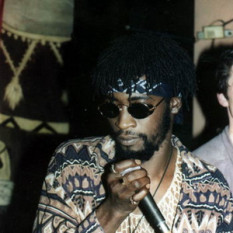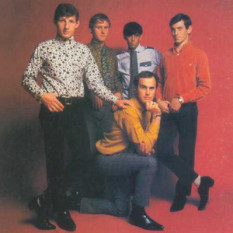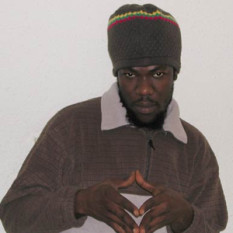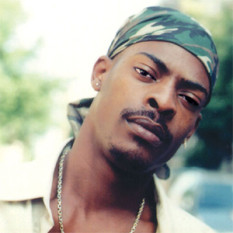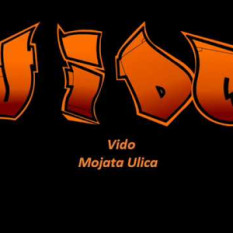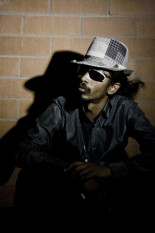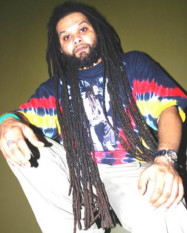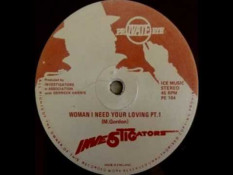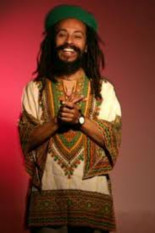Riddim is the Jamaican Patois pronunciation of the English word "rhythm," but in dancehall/reggae parlance it refers to the instrumental accompaniment to a song. Thus, a dancehall song consists of the riddim plus the "voicing" (vocal part) sung by the deejay. The resulting song structure may be taken for granted by dancehall fans, but is in many ways unique. A given riddim, if popular, may be used in dozens—or even hundreds—of songs, not only in recordings, but also in live performances. Some "classic" riddims, such as "Nanny Goat" and "Real Rock" are essentially the accompaniment tracks to the original 1960s reggae songs with those names. Since the 1980s, however, riddims started to be originally composed by producers/beatmakers, who give the riddims original names and, typically, contract artists to "voice" over them. Thus, for example, "Diwali" is the name not of a song, but of a riddim created by Lenky Marsden, subsequently used as the basis for several songs, such as Sean Paul'sGet Busy and Bounty Killer'sSufferer."
"Riddims are the primary musical building blocks of Jamaican popular songs.... At any given time, ten to fifteen riddims are widely used in dancehall recordings, but only two or three of these are the now ting (i.e., the latest riddims that everyone must record over if they want to get them played in the dance or on radio).... In dancehall performing, those whose timing is right on top of the rhythm are said to be "ridding di riddim".
lots more : .

